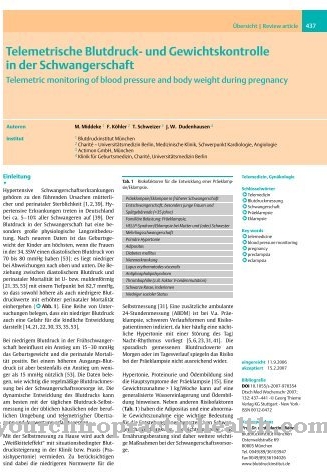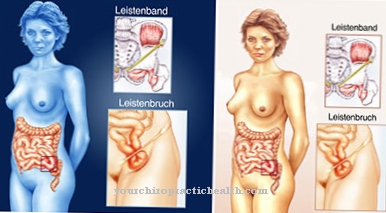The birth of a child is a great event. At the same time, it is also associated with pain and stress for women. The previously unknown form of pain causes fear and that is completely normal. Almost every pregnant woman has Fear of childbirth to fight. In addition to natural methods, such as special breathing exercises, there are now also medical options for limiting pain and relieving women of fear.
Where does the fear of childbirth come from?
Pregnancy is a completely new and strange situation for women when they have their first child. The feeling of being at the mercy of many pregnant women plays a major role in the early days and stirs up fear. In addition to the uncertainty about what will happen to your own body, the thought about the child's health is of course always present.
Will my child survive the birth in good health? Will it develop normally? How can I make the birth as pleasant as possible for my child? These are all questions many expectant mothers ask themselves throughout their pregnancy. These uncertainties lead to fears.
In addition there are the many stories that are known from television or are told by friends and acquaintances about the pain. The intensity of the pain is difficult to describe in advance. So naturally the fear of the unknown and also the fear of not making it develop.
What do women fear when giving birth?
When giving birth, women are primarily afraid of the pain. Already towards the end of the pregnancy the first signs of labor begin and the woman knows that it will be much more intense during the actual birth and that increases the fear.
In addition, there are thoughts about the child's well-being. The seconds until the first cry are an eternity for mothers. The previous uncertainty about how the child will survive the birth and whether there will be complications is also frightening.
Tips for a fear-free birth
Still, there are a number of ways you can face and alleviate fear. Women who are already being cared for by a midwife during pregnancy should speak to her about their fears. It is particularly important that the pregnant woman can admit her fear. The birth of a child is portrayed as the greatest event, but fear of it is also perfectly legitimate and normal.
A midwife can be of great help in coping with anxiety and personal contact creates a pleasant and relaxing basis of trust. The exact knowledge about the birth process prepares the pregnant woman optimally for the day and this explanation about the birth process also has an anti-anxiety effect. It is just as important that the woman has confidence in her body.
The female body was created for this process and the biological prerequisites for childbirth are given by nature. When trust can be built up in this regard and reliability in one's own body is strengthened, the fear has become a little smaller.
- Muscle relaxation: Relaxation exercises are learned and practiced in the antenatal class. These hardly alleviate the pain, but help the woman deal with it. Yoga, meditation and other relaxation exercises also have a positive effect on the birth process. They help the expectant mother relax and deal with the pain.
- Acupuncture: is another method that can be used to relax muscles before birth. According to studies, acupuncture can even shorten the labor process.
- TENS: A so-called transcutaneous electrical nerve stimulation, TENS for short, is also a drug-free option for pain relief. In most cases, however, this method is only used in the initial phase of childbirth.
- Antispasmodic drugs: These so-called antispasmodics are used when it turns out at the beginning of the birth that the cervix is too cramped. These drugs, for example Buscopan, are given either in the form of a suppository or as an injection. This allows the smooth muscles to relax.
- PDA: One of the most effective forms is epidural anesthesia, or PDA for short. A local anesthetic is injected into the back, near the spinal canal. After that, the body is numb from the point downwards. If necessary, the agent can also be re-injected through a catheter that is placed during the injection. The woman then no longer feels any pain, but can experience the birth with full awareness and actively participate.
- Hypnosis: There is also the form of hypnobirth. The woman can be put into a kind of hypnosis. This method should serve to take away fears and better deal with the pain.
When fear takes over - psychological help
Fears often have an irrational background. If none of the methods listed above do not help and the fear of childbirth is still enormous, it may be an anxiety disorder. In this case, a professional psychological interview usually helps. This is usually the last chance to relieve the pregnant woman of the fear of childbirth by analyzing the fears objectively and thereby reducing them if necessary.
The most natural thing in the world
Birth is without question one of the most beautiful events in life. Nevertheless, the process is associated with great pain for the woman and fear of it is absolutely legitimate. With preparatory discussions, the right relaxation exercises and trust in your own body, this fear can be brought under control.



.jpg)


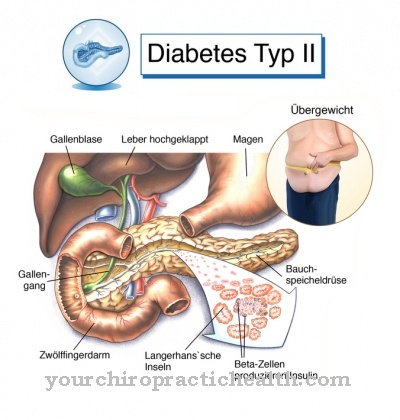


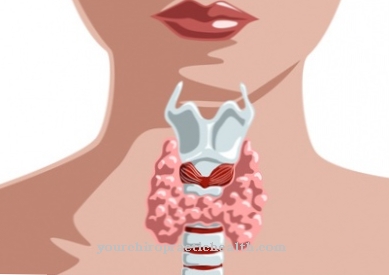
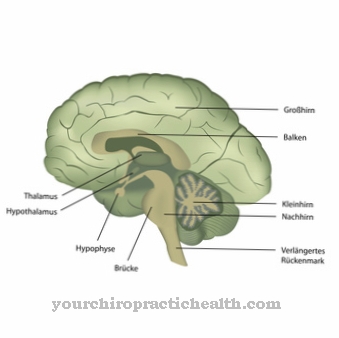





.jpg)



